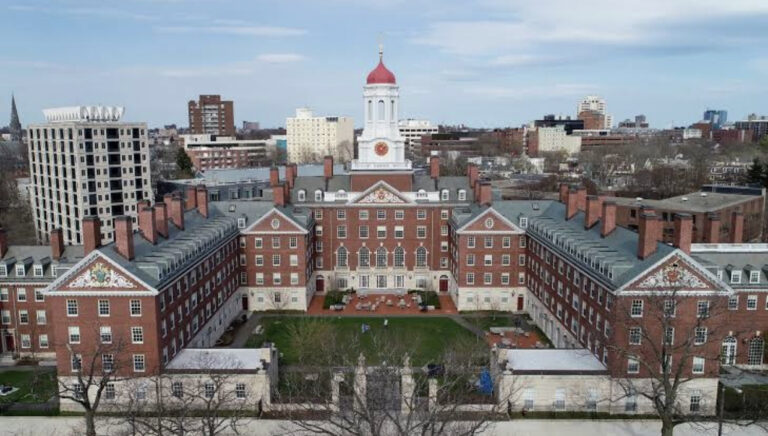Harvard University, one of the world’s most prestigious universities, announced on Tuesday the provision of a $100 million fund with the goal of “repairing” its slave-owning past in the 17th and 18th centuries.
The University’s president, Lawrence Bacow, stated on Tuesday that the $100 million is dedicated to researching and resolving the University’s “extensive entanglements with slavery.”

The announcement, made in a letter from the president to the entire school, is part of a general university movement in recent years to recognize and make amends for slavery in the United States, which was officially abolished by the 13th amendment to the Constitution in December 1865.
The money will go to a fund to support research, education, and theses on racism and slavery from the 17th to 19th centuries at Havard University, which was founded in 1636 in Cambridge, Massachusetts.
Read more: The irksome history of Enslaved African Mothers forced to breastfeed white babies.
Slavery and racism, according to Bacow, played a significant role in Harvard’s institutional history, with enslaved people working on campus and supporting students, faculty, staff, and university presidents.
Their efforts “enriched numerous donors and, ultimately, the institution.”
“Harvard University profited from and in some ways perpetuated deeply immoral practices,” he continued.
He also admits that his university “bears a moral responsibility to address the lingering corrosive effects of these historic practices on individuals, Harvard, and American society.”
However, Havard University is not the first institution to make amends for slavery.
In 2021, the United States Jesuit Priests’ Conference pledged to pay a similar amount in restitution to descendants of slaves it had exploited; and in 2016, Georgetown Jesuit University apologized for the sake of 272 slaves in 1838, offering to facilitate the admission of their descendants as compensation.

